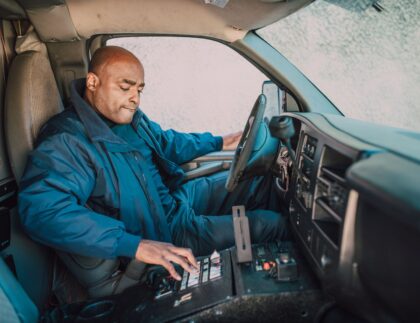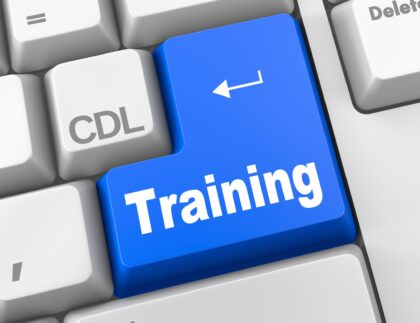
Excelling in CDL classes is crucial for a successful trucking career. These classes provide essential skills and knowledge needed to operate a commercial vehicle safely and efficiently. Students learn about vehicle inspections, defensive driving techniques, and federal regulations, as well as how to handle hazardous materials. Mastering these skills is vital for ensuring the safety of oneself and others on the road.
Additionally, excelling in CDL classes can significantly impact job opportunities. Employers value candidates who have demonstrated high performance in their CDL training, as it reflects their commitment to safety and professionalism. Having a strong foundation in CDL qualifications can open doors to better-paying and more desirable positions within the industry.
Preparing for CDL Classes
Before starting CDL classes, it is essential to understand the responsibilities that come with a commercial driver’s license and the knowledge and skills required to pass the exam. Necessary steps to prepare for CDL classes include obtaining the necessary documents, assessing your eligibility, and familiarizing yourself with the CDL manual. Whether you are a new driver seeking to enter the trucking industry or a seasoned driver looking to advance your career, adequate preparation is key to success in CDL classes.
Requirements and Expectations of CDL Classes
CDL classes require a thorough understanding of the technical and operational aspects of driving a semi-truck. Students will learn about vehicle inspections, maneuvering large vehicles in various driving conditions, and understanding traffic laws and regulations. The hands-on training program will allow students to practice these skills in real-life settings.
To obtain a CDL License, students must pass a written knowledge test and a skills test which includes a pre-trip inspection, basic vehicle control, and on-road driving.
Obtaining additional certifications, such as Hazardous Materials (HazMat) or Tanker endorsements, can open up opportunities for higher paying positions within the industry. The potential for earning higher wages is often associated with obtaining these additional certifications.
Employers are more likely to hire individuals who have completed comprehensive CDL classes and have demonstrated their ability to operate a commercial vehicle safely and efficiently. Overall, CDL classes provide the necessary training and education to prepare students for a successful career in the trucking industry.
Gathering Necessary Documents and Paperwork
Before starting the program, it is crucial to gather all necessary documents and paperwork to ensure a smooth onboarding process. This may involve obtaining transcripts from previous educational institutions, letters of recommendation from previous employers or academic mentors, proof of identity such as a passport or driver’s license, and any relevant licensure or certification documents required for the program.
It is important to ensure that all necessary paperwork is up to date and readily accessible, as delays in obtaining or updating these documents could potentially hold up the start of the program.
By gathering all necessary documents and paperwork in advance, it allows for a seamless transition into the program without any administrative hurdles. This can include but not limited to, official transcripts from previous schools, letters of reference, identification documentation, and any relevant professional licenses or certifications.
Familiarizing Yourself with Trucking Terminology
Understanding various terms and jargon used in the trucking industry can help you communicate effectively and avoid misunderstandings while engaging in CDL classes. Familiarizing truck types and equipment to regulations and industry-specific slang will assist you while in CDL classes as these are topics that may be covered. Whether you are a seasoned trucking professional or new to the industry, having a better understanding of these terms will serve as a valuable resource.
Key Industry Terms and Jargon
Professional truck drivers use a variety of industry-specific terms and jargon in their communication. Some common phrases and terminology used in the trucking industry include “deadhead,” which refers to driving an empty truck, “bobtail,” which means driving a truck without a trailer attached, and “reefer,” which is a refrigerated trailer used for transporting perishable goods. Other key terms include “LTL” for less than truckload shipments, “OTR” for over the road trucking, and “CDL” for commercial driver’s license.
Additionally, professional truck drivers often use the phrase “drop and hook” to describe the process of dropping off one trailer and picking up another at a different location, and “yard jockey” to refer to someone who moves trailers around a distribution center or warehouse yard. Communication in the trucking industry also involves terms like “dispatch” for assigning and scheduling loads, “HOS” for hours of service regulations, and “scale house” for a weigh station. Understanding and using these industry terms and jargon is crucial for effective communication and collaboration within the trucking community.









